Patient-Centered Economic Impacts Project
Uncovering the True Cost of Healthcare
According to the Kaiser Family Foundation, 45% of U.S. adults are worried about their ability to pay medical bills. More than 25% delayed or skipped care due to cost AND people in the U.S. collectively owe at least $220 billion in medical debt. (KFF-Peterson Health System Tracker)
Patients and their families often face significant financial burdens beyond direct healthcare costs, including medical debt, costs and time needed to travel to and from medical appointments, lost wages due to unpaid sick time, and forced retirement. Despite their importance, these costs, referred to as patient-centered economic impacts (PCEI), are often missed in research and decision-making processes. Understanding these impacts is essential to making healthcare more affordable and equitable.

The Center for Innovation & Value Research’s Patient-Centered Economics Impact project aims to partner with patients and caregivers in identifying economic impacts beyond direct medical costs and empower researchers, value assessors, and decision-makers to comprehensively address a broader range of economic challenges patients experience. A diverse multi-stakeholder Steering Committee and a Community Advisory Board comprised of patients, patient advocates, and caregivers, will provide insights, guidance, and co-leadership throughout the project.
This project was partially funded through two Patient-Centered Outcomes Research Institute (PCORI) Eugene Washington PCORI Engagement Awards (#EASCS-24272 and #EACB-32695).

Learn More
For more information about this program, please contact the Center’s Director of Patient Engagement, Ushma Patel, at ushma.patel@thevalueinitiative.org.
In the first phase of the work, “A Research Framework to Understand the Full Range of Economic Impacts on Patients and Caregivers,” the Center for Innovation & Value Research and AcademyHealth partnered with stakeholders to create a framework for patient-centered economic impacts in research.
The second and current phase of work aims to explore practical approaches for implementing the framework by engaging patients, caregivers, researchers, and other stakeholders in a series of interactive workshops. These workshops will focus on various topics, such as mapping the patient journey, caregiver burden, and accounting for lost time and potential earnings.
Workshop Goals
- Foster authentic connections among researchers, patients, caregivers, and funders.
- Explore opportunities to measure patient-centered economic impacts.
- Identify priorities to design research that is responsive to patient and caregiver experiences.
UPCOMING WEBINAR
Applying Lessons from the Economic Impacts Workshop Series
Join us on January 14, 2026, 12:00 PM – 1:00 PM EST, for the culminating event of the Patient-Centered Economic Impacts project. This final webinar synthesizes the most important insights from our six-part workshop series. It highlights how patients, researchers, and policymakers are applying these lessons to improve research design, reduce hidden burdens, and elevate lived experience in economic impact studies. The session will also preview the Center’s next phase of work on time impacts.
Faculty:
- Casey Quinn, PhD (PCORI)
- Alexis Malfesi, MSHS (Centers for Medicare and Medicaid Services)
- Gwen Darien (National Patient Advocate Foundation)
Click below to register and help shape the future of patient-centered economic research.

Elizabeth Cope, PhD, MPH
AcademyHealth

Elizabeth Cope, PhD, MPH
AcademyHealth
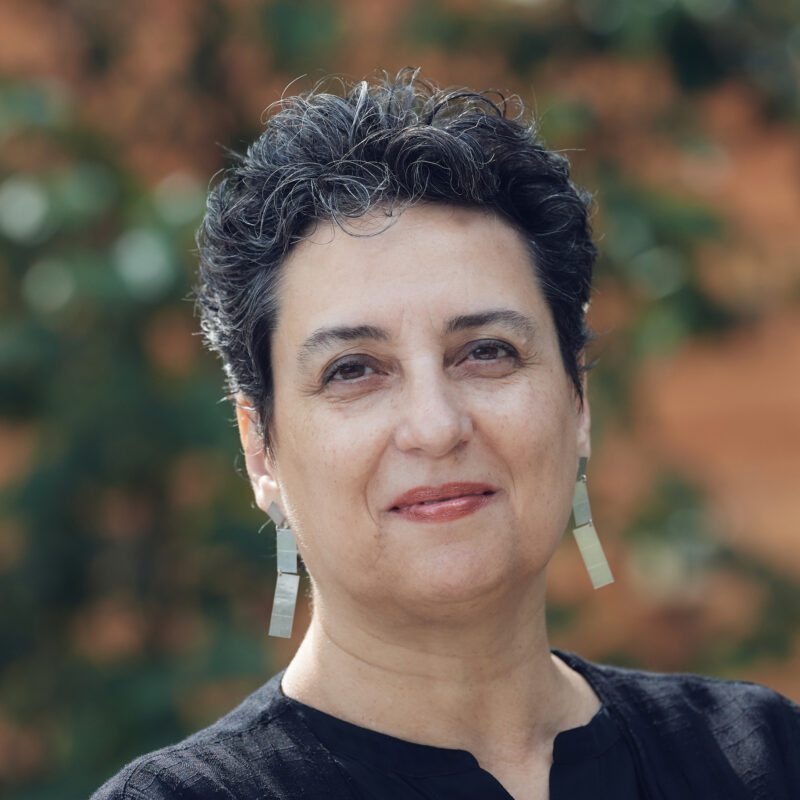
Gwen Darien
National Patient Advocate Foundation

Gwen Darien
National Patient Advocate Foundation

Vakaramoko Diaby, PhD, MSc, CRA
Otsuka
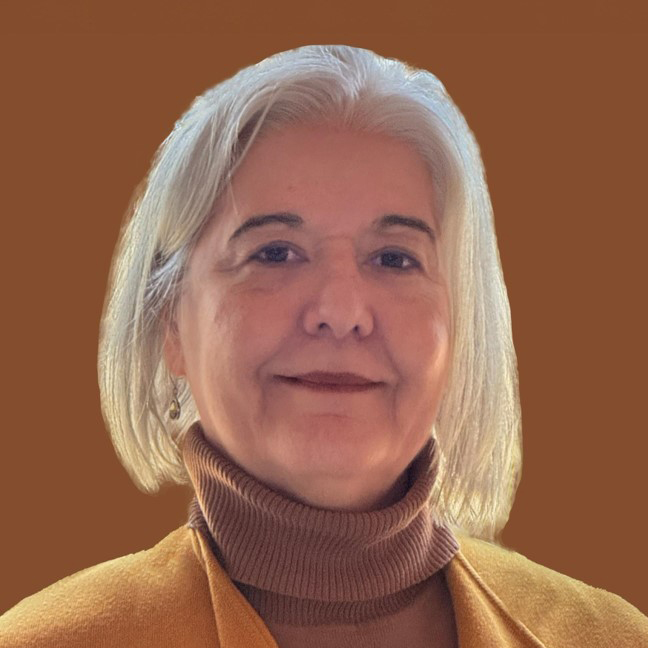
Phyllis Foxworth
Huntington's Disease Society of America

Phyllis Foxworth
Huntington's Disease Society of America

Alexis Malfesi, MSHS
Center for Medicare and Medicaid Innovation

Alexis Malfesi, MSHS
Center for Medicare and Medicaid Innovation

Elisabeth M. Oehrlein, PhD, MS
Applied Patient Experience

Elisabeth M. Oehrlein, PhD, MS
Applied Patient Experience
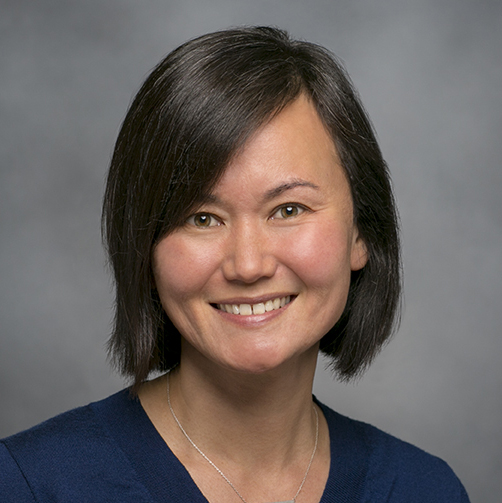
Mary Reed, DrPH
Kaiser Permanente

Mary Reed, DrPH
Kaiser Permanente
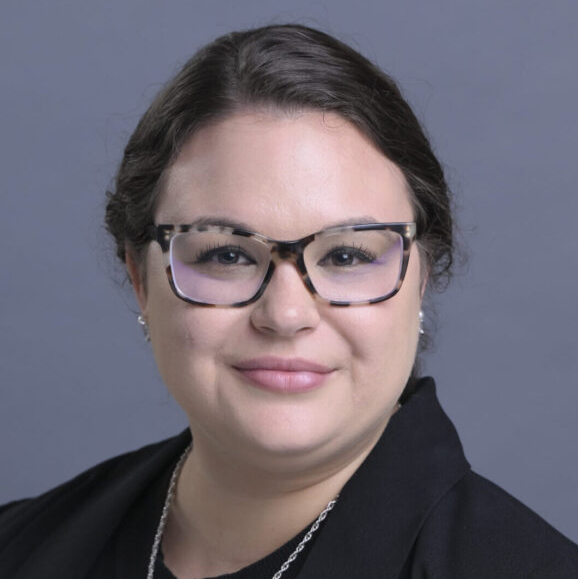
Silke Schoch, MA
National Health Council

Silke Schoch, MA
National Health Council
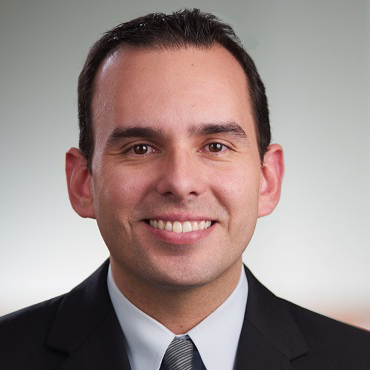
Juan Marcos González Sepúlveda, PhD, MS
Duke Clinical Research Institute

Juan Marcos González Sepúlveda, PhD, MS
Duke Clinical Research Institute

Kevin Wake, CMR, CHW, MS
Uriel E. Owens Sickle Cell Disease Association of the Midwest

Kevin Wake, CMR, CHW, MS
Uriel E. Owens Sickle Cell Disease Association of the Midwest

In Memory of Jae Samuel
Former Community Advisory Board Member

Jamal Brown
Patient Advocate

Claudia Chahin, JD
Patient Advocate

Claudia Chahin, JD
Patient Advocate

Elizabeth Cope, PhD, MPH
AcademyHealth

Elizabeth Cope, PhD, MPH
AcademyHealth

Rodney Dawkins
Patient Advocate

Rodney Dawkins
Patient Advocate
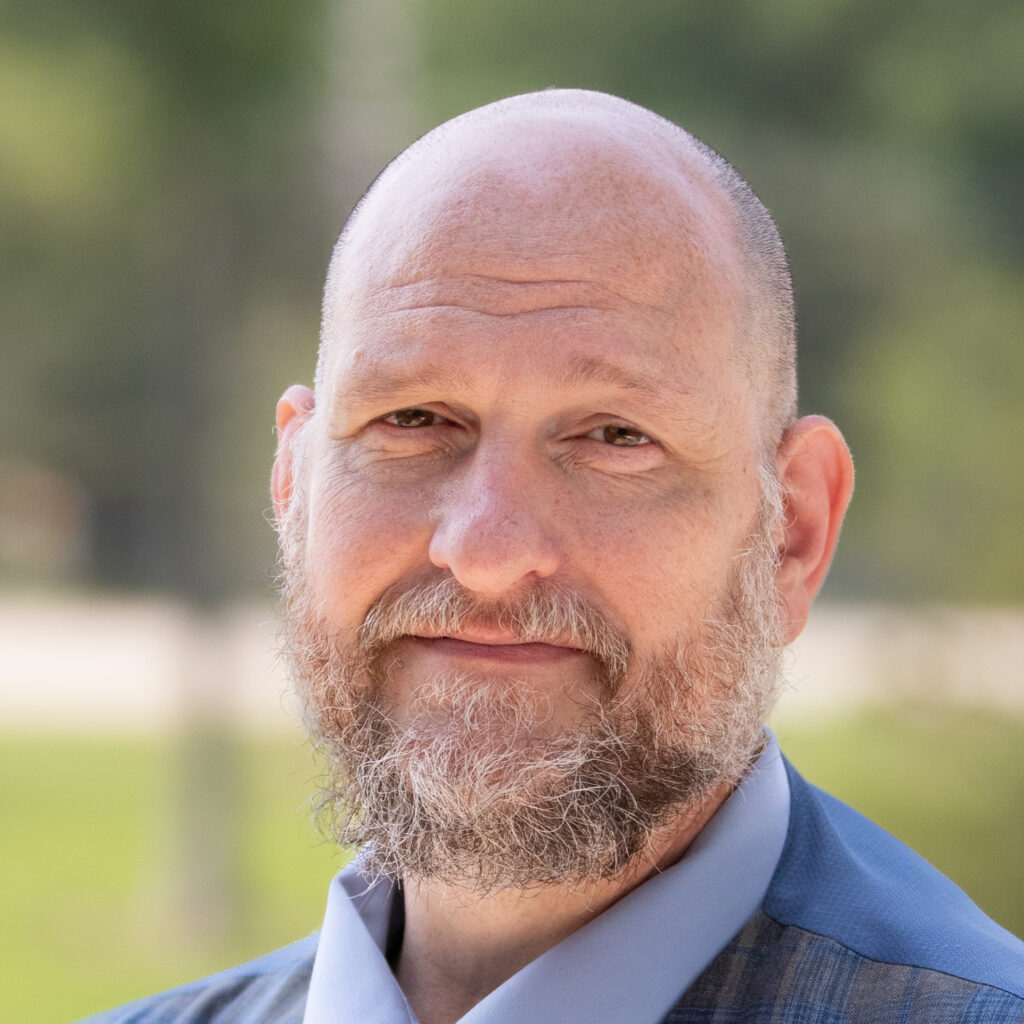
Brian Dawson, MLIS
Patient Advocate

Brian Dawson, MLIS
Patient Advocate
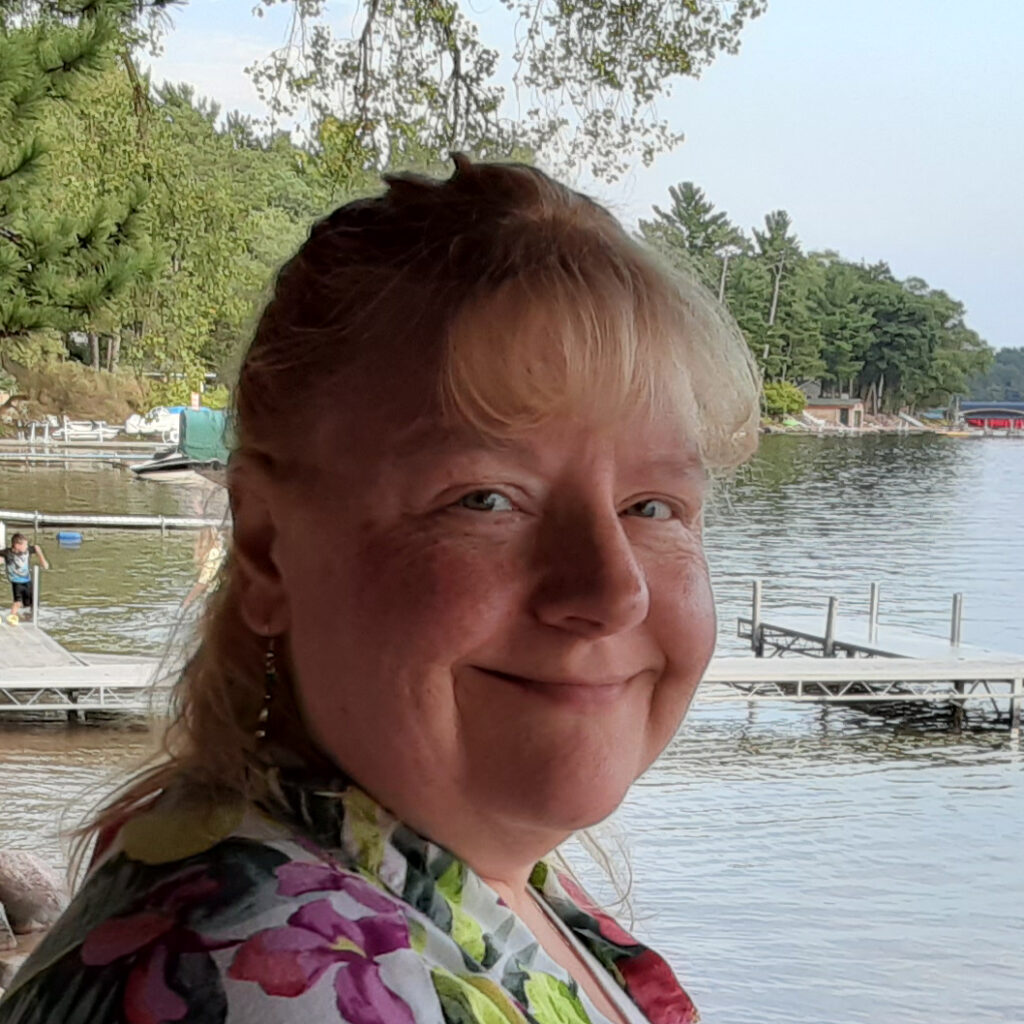
Christine Freund, CSW
Patient Advocate

Christine Freund, CSW
Patient Advocate

Beth Gore, PhD
The Oley Foundation

Beth Gore, PhD
The Oley Foundation
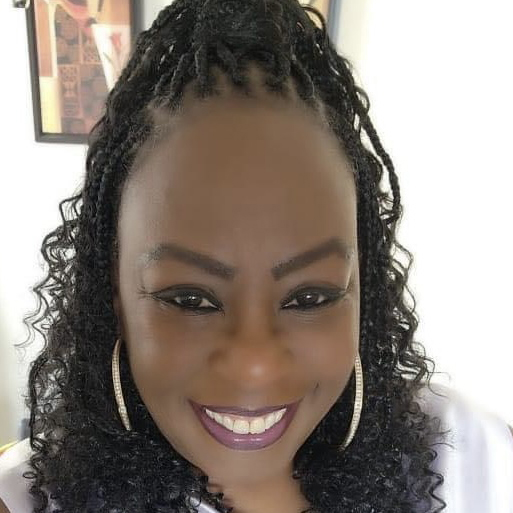
Gail Graham
Patient Advocate
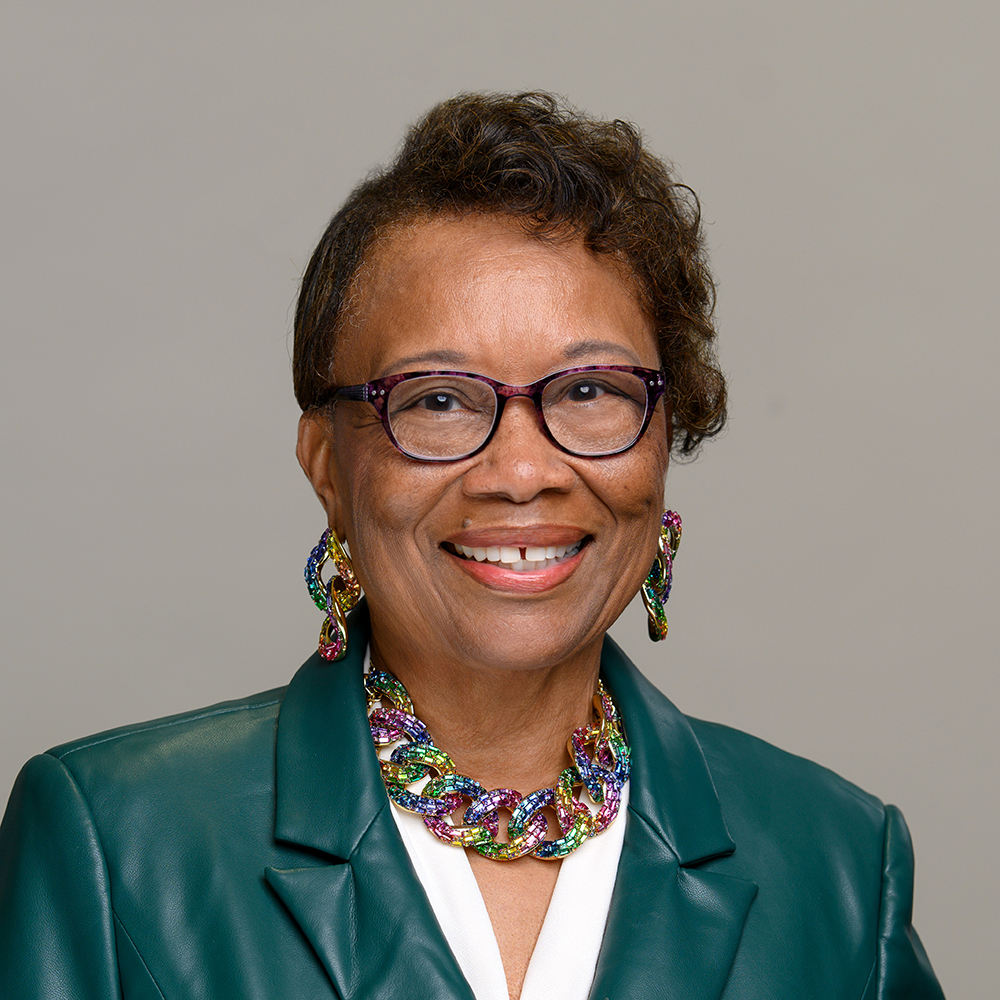
Dorothy Winningham
Patient Advocate

Dorothy Winningham
Patient Advocate
Publications & Resources
Poster
The poster, presented at the 2025 PCORI Annual Meeting, summarizes the development of a practical checklist to help researchers consistently
…Report
The Uncovering the True Cost of Healthcare: Quantifying the Cost of Stress for Patients and Caregivers Workshop #5 Learning Report
…Report
This learning report summarizes Workshop #4 of the Uncovering the True Cost of Healthcare series, which examined how diagnostic delays
…Report
The Uncovering the True Cost of Healthcare: The Economic Realities of Caregiving Workshop #3 Learning Report summarizes a February 2025
…Report
This learning report summarizes Workshop #2 of the Uncovering the True Cost of Healthcare series, which focused on how time
…Report
This learning report summarizes the first workshop in the Uncovering the True Cost of Healthcare series, which explored how patient
…Video
Join the Innovation and Value Initiative to prioritize the patient and caregiver perspective in assessing economic impacts beyond direct medical
…Poster
This poster summarizes a PCORI-funded IVI project to develop a patient-centered framework for capturing the full range of economic impacts
…General
This overview introduces a new effort by the Innovation and Value Initiative and AcademyHealth to develop a framework for capturing
…Report
The Executive Summary presents a concise overview of a new Economic Impacts Framework designed to help researchers, funders, and decision-makers
…Report
This report presents a consensus-based framework to help researchers, funders, and decision-makers systematically identify, define, and measure the full range
…